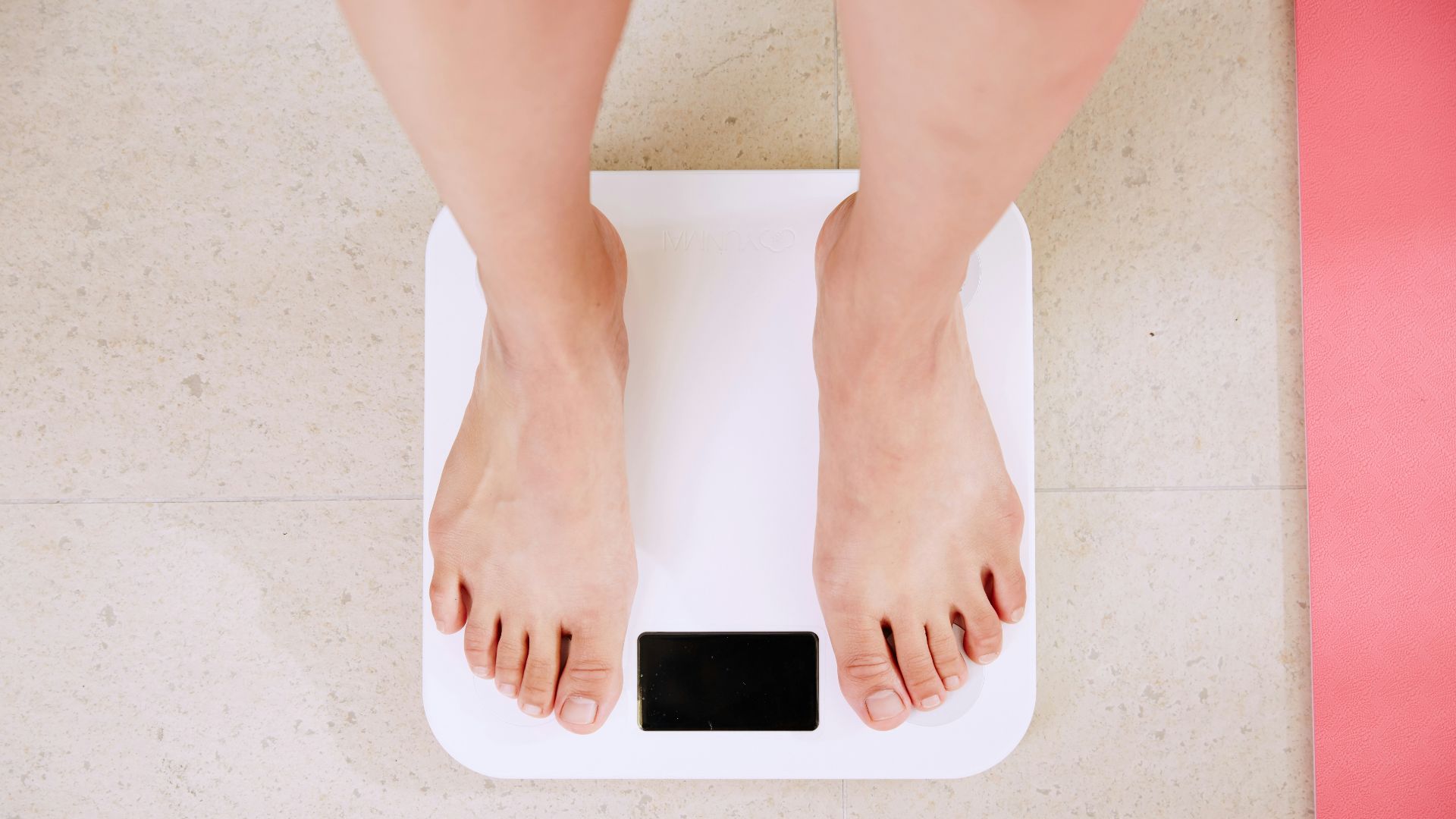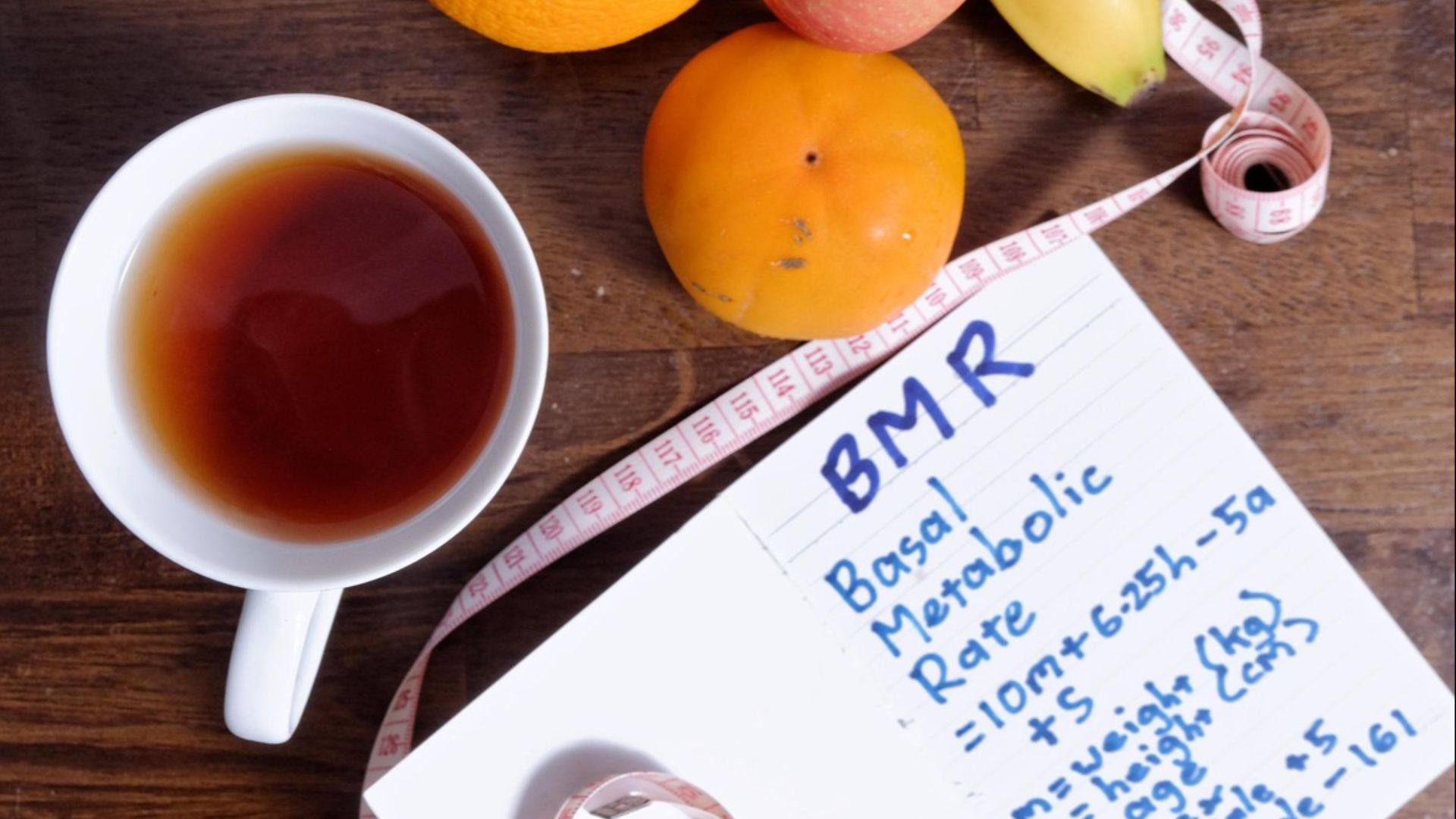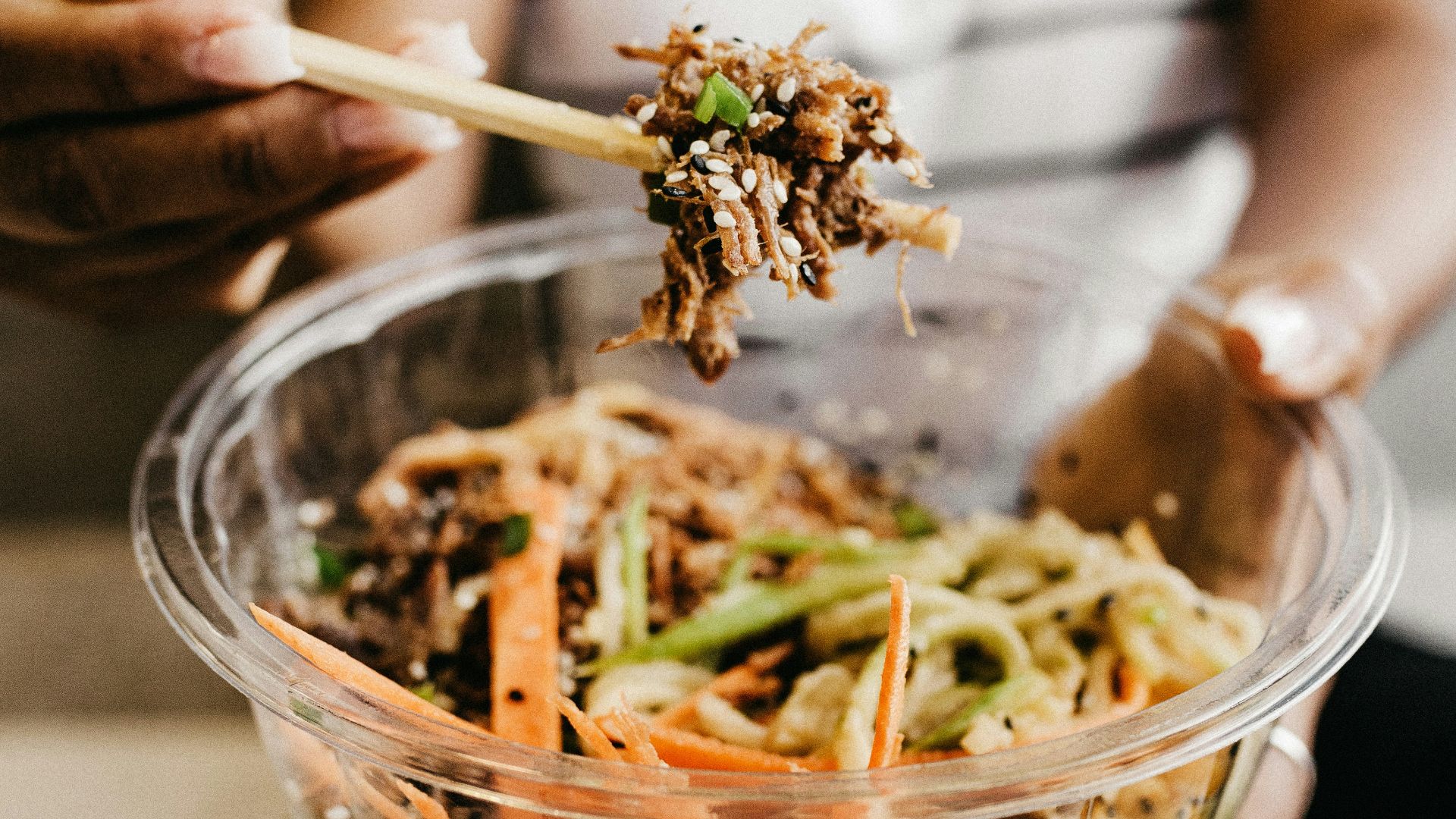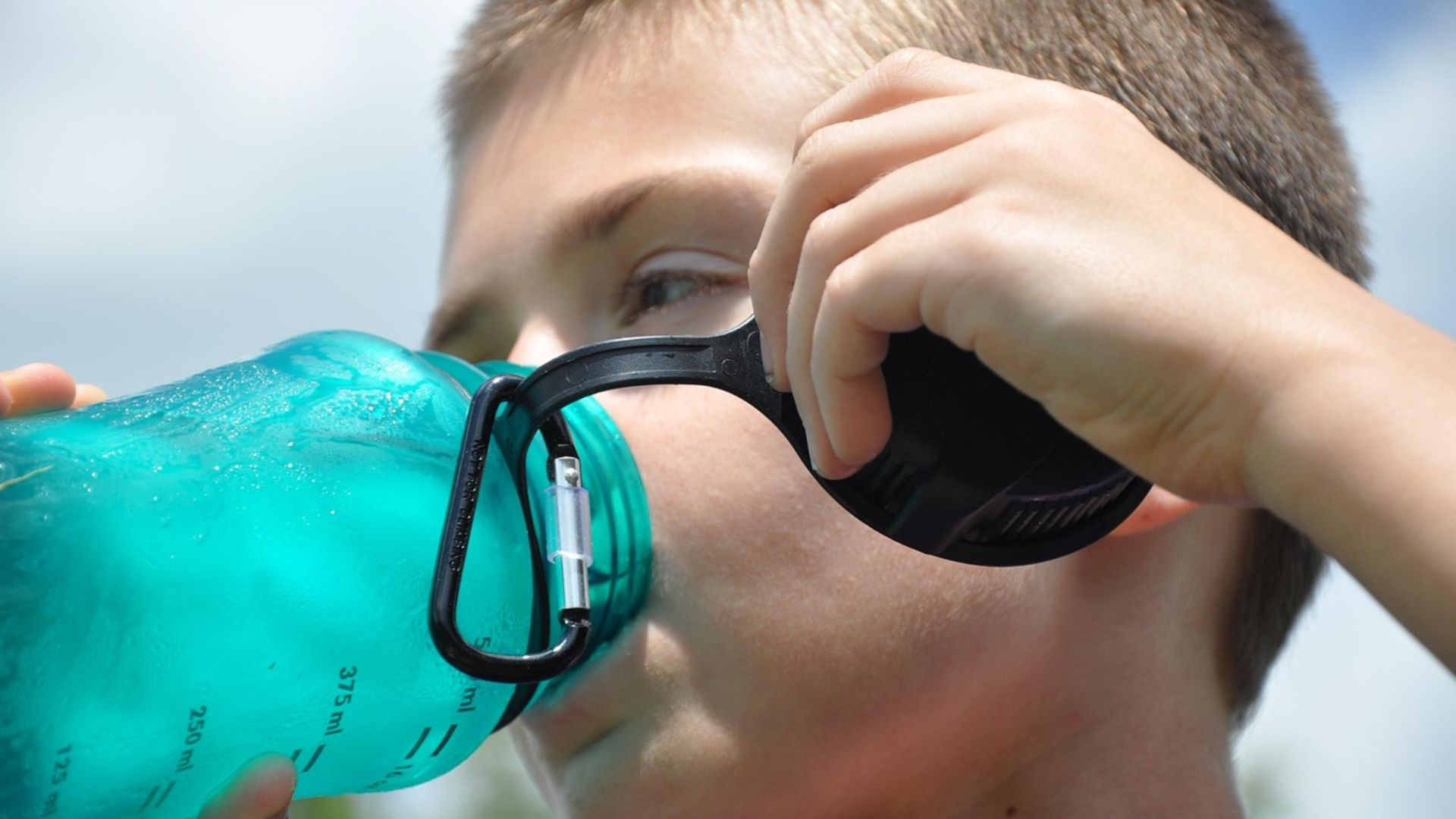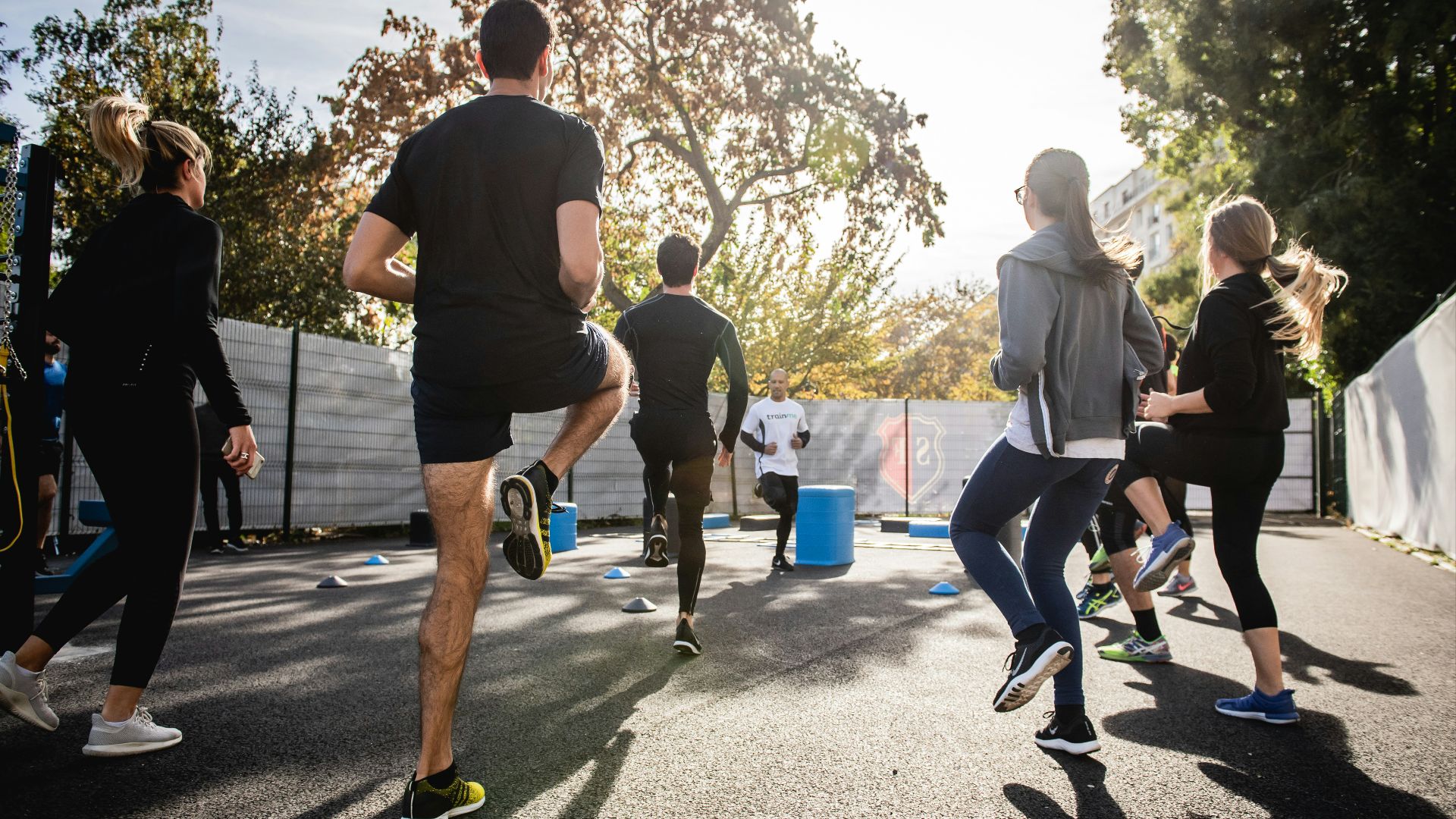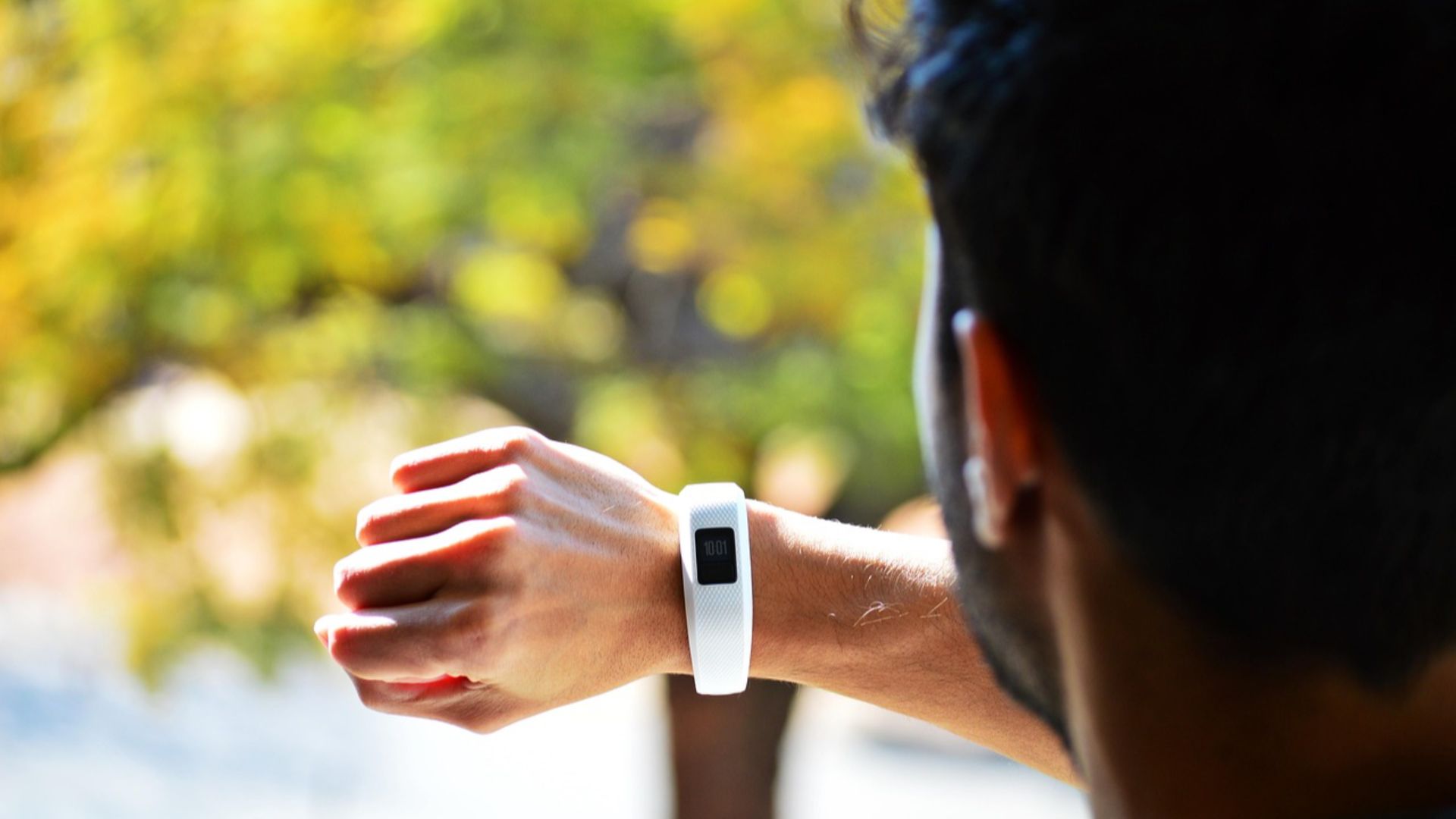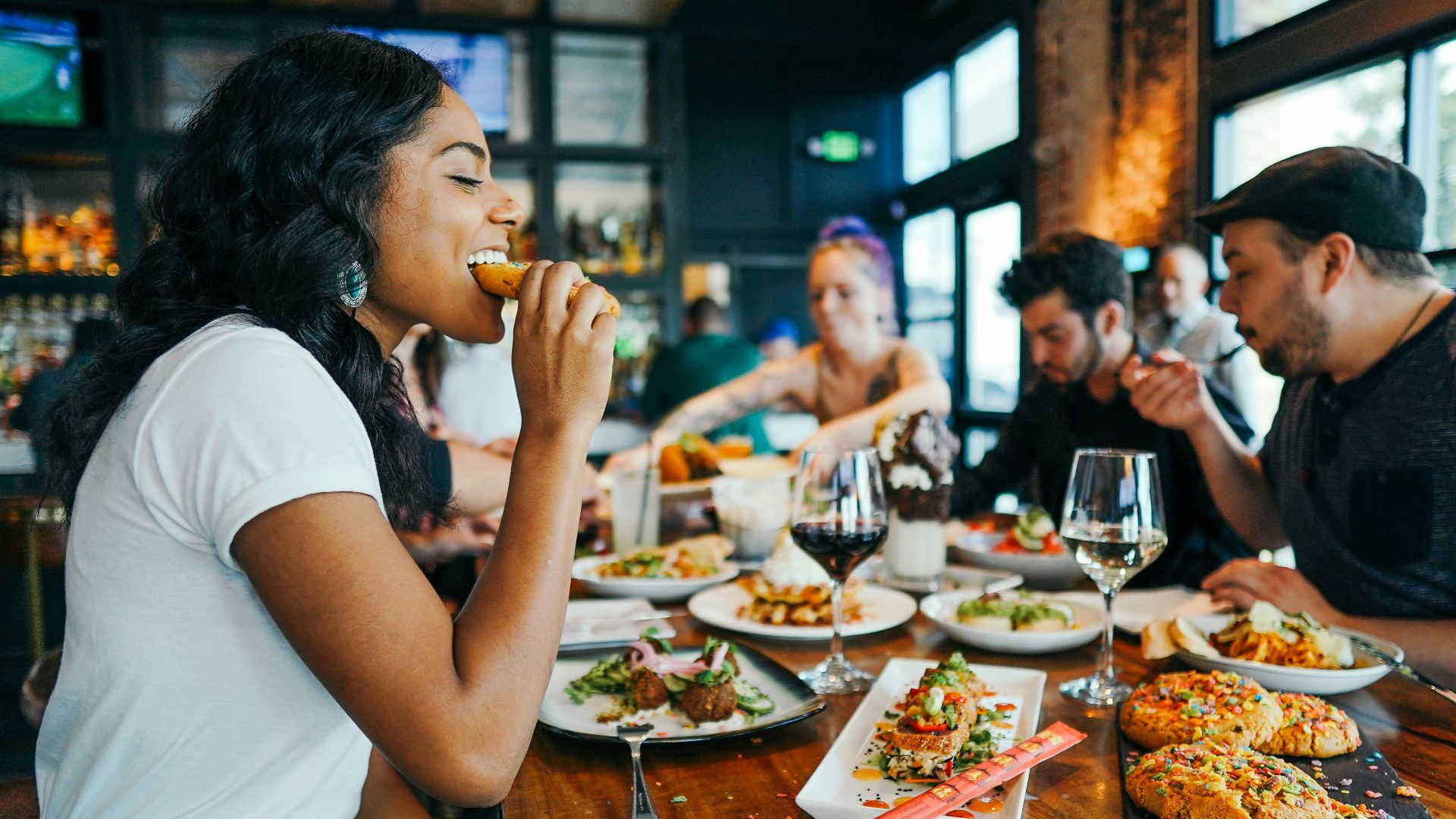10 Reasons Counting Calories Isn't Helping You Lose Weight & 10 Healthier Habits to Form
10 Reasons Counting Calories Isn't Helping You Lose Weight & 10 Healthier Habits to Form
The Problem with Counting Calories
Are you on a CICO (calories in, calories out) diet but not seeing results? Sometimes, counting calories isn't as straightforward as it seems, and factors like inaccurate tracking, sleep, and stress could be throwing you off track. If you're struggling to reach your goals, let's explore why calorie counting isn't helping you lose weight and what healthier habits to adopt instead.
1. Imbalanced Deficit or Inaccurate Tracking
When entering a CICO diet, many people zone in on a specific number, whether that digit is their goal weight or the maximum amount of calories they're "allowed" to eat in a day. But they often don't account for inaccurate trackers (for example, certain foods tracked as having fewer calories than they actually do) or the fact that they're eating too much or too little to see weight loss results.
2. Unhealthy Choices
When you're limiting yourself to how many calories you can eat in a day, it's sometimes inevitable that you'll make unhealthy choices. You may give in to cravings, choose low-calorie snacks over nutrient-dense meals, overindulge in unhealthy options (so long as you don't go over your limit), and misunderstand cues your body sends.
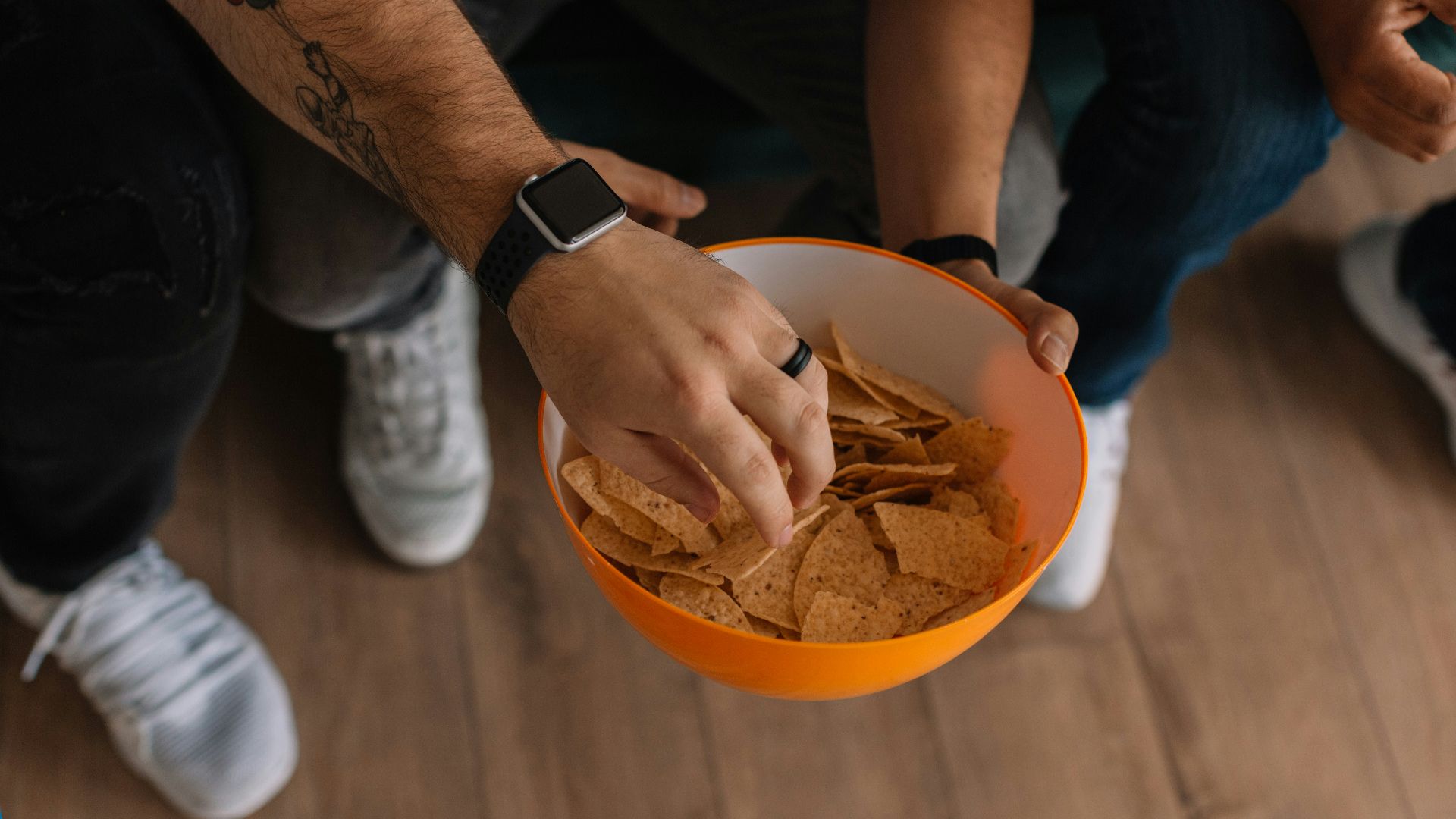 Phillip Goldsberry on Unsplash
Phillip Goldsberry on Unsplash
3. Not Enough Exercise
It's not enough to just cut back on calories. Weight loss might rely heavily on diet choices, but it's just as important to move around regularly and get your heart pumping every day. When you don't pair exercise with a CICO diet, you'll likely find that it's harder to keep weight off.
4. Too Much Exercise
But too much of a good thing can also be a bad thing. Overworking your body and frequent high-intensity training can lead to elevated cortisol levels, a stress hormone that can cause mood swings and weight gain. Plus, when you're eating too little and exercising too much, your body may go into "starvation mode" and try to store as much energy as possible.
5. Bad Stress Management
Stress can impact our mindset and lead to unhealthy choices, meaning you'll be more likely to give in to cravings. Why? Because more stress means higher levels of cortisol, and this hormone can increase your appetite (and can also slow down metabolism), which is why you might sometimes get bouts of emotional eating.
6. Hormonal Changes
For women, menstrual cycles can also affect weight loss goals. During this time of the month, the body retains more water than normal, which can lead to symptoms like bloating and temporary weight gain. Fluctuating hormone levels can also lead to increased stress (and emotional eating) and changes in digestion.
 Vladislav Muslakov on Unsplash
Vladislav Muslakov on Unsplash
7. Weight Loss Plateau
At the beginning of your diet, you might see changes almost instantly. This may make you overambitious, thinking that you'll be able to reach your goals much quicker than you anticipated. But weight loss plateau—when you stop losing weight even when you're still dieting and exercising—can through a wrench into your hard work, and you'll likely need to change your routine to get back on track.
8. Poor Sleeping Habits
Not getting a good night's sleep can hinder your progress. Research has found that there's a link between sleep deprivation and weight gain, where those getting fewer hours of shut-eye each night are more likely to eat more and crave higher-calorie foods. But why? Well, because of hormonal fluctuations, especially in that of ghrelin (which increases appetite) and leptin (which helps you feel full).
9. Metabolism
Metabolism, the rate at which your body converts food into energy, is also reliant on different factors. Age, gender, genetics, diet, sleep, and more can all influence and contribute to a faster or slower metabolism. Some people may also have a faster metabolism than others, no matter what they eat or do.
10. Every Body Is Different
It's important to keep in mind that everyone's body is different, which is why the same diet and routine might not yield the same results across the board. Instead of following what someone else is doing, listen to your body and its needs, and find a weight loss plan that works for you.
Now that we've covered some reasons why counting calories doesn't always work, let's jump into 10 healthier habits to form.
1. Better Stress Management
One key thing to forming a healthier outlook on weight loss is to better manage your stress levels and mental health. If you're constantly experiencing mood shifts, emotional downs, and
2. Good Night's Sleep
As we've mentioned, it's vital to get enough sleep each night. Insufficient rest does more harm to our bodies than you might imagine, so try to establish a wind-down routine and a regular, consistent schedule that gives you enough—at least six to eight hours—shut-eye each night.
3. Choose Snacks & Food Wisely
This might seem obvious, but when you're on a CICO diet, it's not always so easy to make healthier choices all the time. We've mentioned already all the factors that can cause increased cravings and appetites, so sometimes you may reach for snacks over nutritious meals. Instead of only focusing on calories, try to incorporate volume eating so that you're still keeping to your limit but staying full enough that you won't reach for dessert afterwards.
4. Drink More Water
Despite how often you hear this, you probably still don't drink enough. But keeping hydrated is not only important for weight loss—it's also helpful for flushing out toxins and boosting our metabolic rate. Whenever you can, reach for water and not some low-calorie drink.
5. Find a Supportive Group
Trying to lose weight on your own can be challenging because you're the sole person looking out for yourself, keeping yourself motivated, and responsible for staying on top of your goals. But when you find a friend or a supportive group to reach those goals with, you'll be more enthusiastic about going through with it.
6. Vary Your Workout Routine
Instead of limiting yourself to only doing cardio, try to vary your workout routine so that it stays interesting and trains the rest of your body. When you switch things up, you may also be less likely to experience a weight loss plateau.
 Boxed Water Is Better on Unsplash
Boxed Water Is Better on Unsplash
7. Switch to a More Accurate Tracker
If you find out that your current calorie tracker isn't the most accurate, switch to another one. Or, better yet, use multiple trackers at once to record any discrepancies. (But even then, don't beat yourself up over an overindulgent day or two.)
8. Form a Healthier Mindset
When you put yourself on a diet, remember to continue being kind to your body. It allows you to do many amazing things, so don't engage in extreme routines just to lose weight quicker. Take it slow and steady with a positive mind, and do it for your health, not for the "perfect" figure.
9. Eat Intuitively
Instead of restricting yourself and ignoring the cues your body gives you, try to eat intuitively. This means eating when you're hungry, and stopping just when you feel full. During each meal, savor every bite of food so that you can practice mindful eating as well.
10. Consult a Professional
If you're still finding it too difficult to reach your weight loss goals, it might be time to consult a professional. A nutritionist or a trainer can help you better visualize how to make better progress, and can devise specific plans for you that suit your lifestyle and body.







